
Find Help
More Items From Ergsy search
-

Can I transfer a balance to a card with no promotional offer?
Relevance: 100%
-

What is the typical duration of a promotional balance transfer offer?
Relevance: 98%
-

Do balance transfer offers apply to new purchases?
Relevance: 79%
-

Are there any fees associated with balance transfers?
Relevance: 67%
-

How does a balance transfer work?
Relevance: 67%
-

Is a balance transfer the right choice for me?
Relevance: 66%
-

What is a balance transfer credit limit?
Relevance: 66%
-

What is a Balance Transfer Credit Card?
Relevance: 66%
-
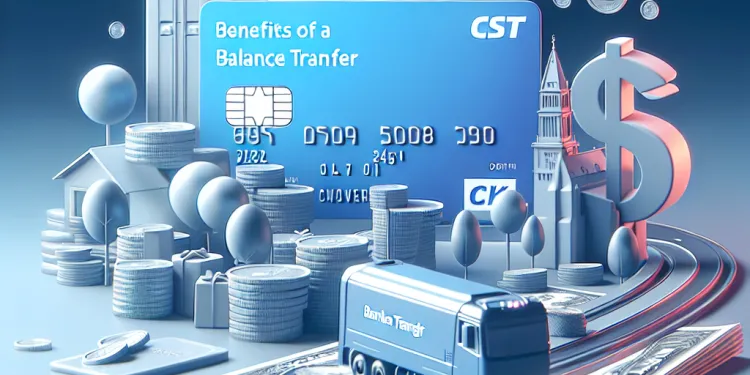
What are the benefits of a balance transfer credit card?
Relevance: 63%
-
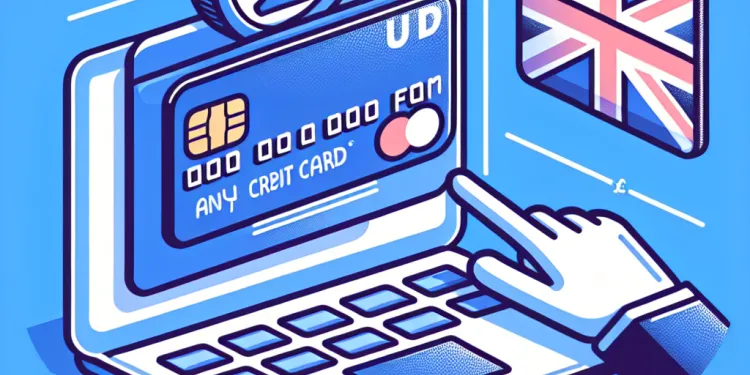
Can I transfer balances from any credit card?
Relevance: 61%
-

How do I apply for a balance transfer card?
Relevance: 61%
-

Will transferring a balance affect my credit score?
Relevance: 58%
-

How long does a balance transfer take?
Relevance: 58%
-
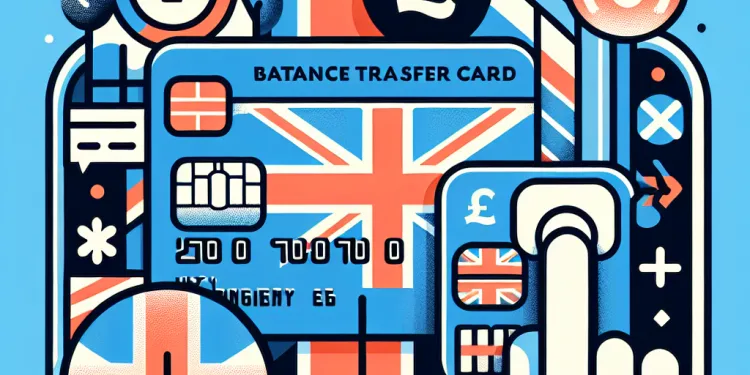
Can I use a balance transfer card for new purchases?
Relevance: 57%
-
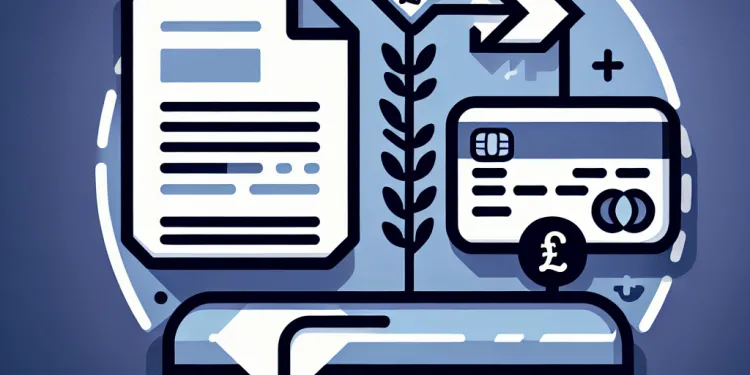
Can I transfer a balance from a loan to a credit card?
Relevance: 57%
-

What is a good credit score to qualify for a balance transfer card?
Relevance: 48%
-
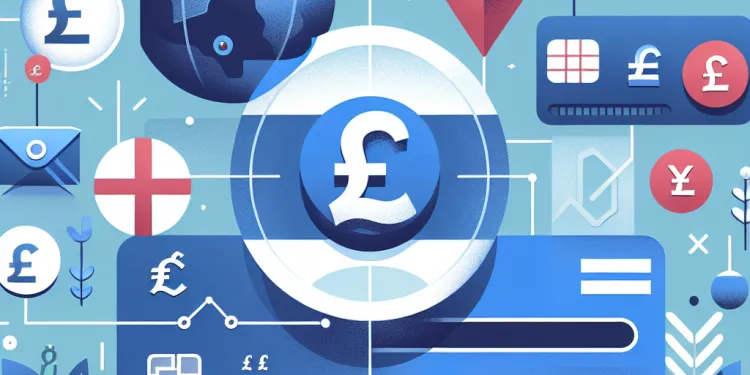
What should I consider before doing a balance transfer?
Relevance: 39%
-

Is there a minimum transfer amount required?
Relevance: 35%
-
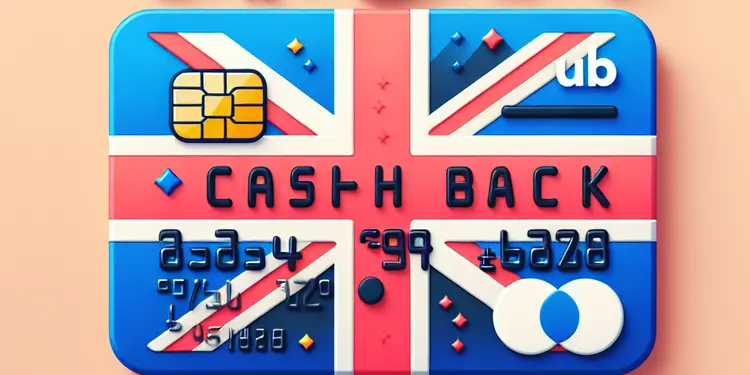
Can I transfer cashback rewards to another credit card?
Relevance: 34%
-

Can I transfer my ISA between providers?
Relevance: 33%
-

Are there any promotions or discounts I should look for when choosing an energy supplier?
Relevance: 31%
-

How are embryos transferred during IVF?
Relevance: 30%
-

How many embryos are usually transferred in IVF?
Relevance: 30%
-
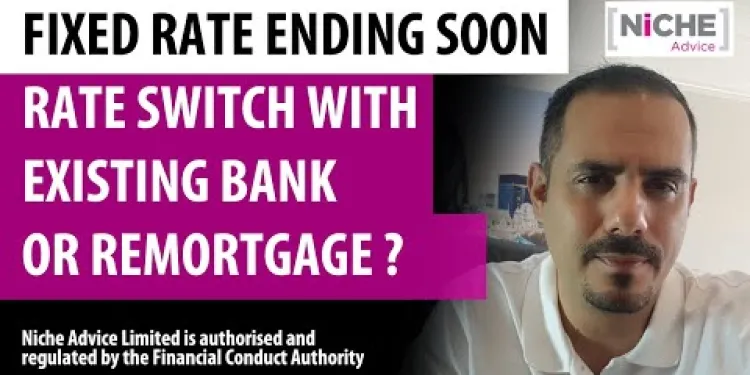
Product Transfer Rate Switch vs Remortgage What's Best
Relevance: 29%
-
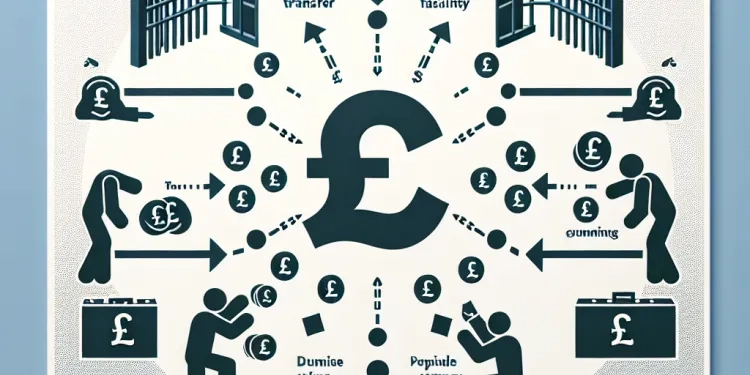
What happens if an inmate is transferred to another facility?
Relevance: 29%
-

Can a company refuse to register a share transfer?
Relevance: 28%
-

Can I transfer my TV license to a new address?
Relevance: 28%
-

Do mixed exercises help in achieving a balanced physique?
Relevance: 27%
-

What is the role of sugar in a balanced diet?
Relevance: 26%
-

Falls Prevention - strength and balance exercises
Relevance: 26%
-

Can switching banks offer better loan options?
Relevance: 25%
-

Staying Active: National Health Campaigns Promoting Physical Well-being
Relevance: 25%
-
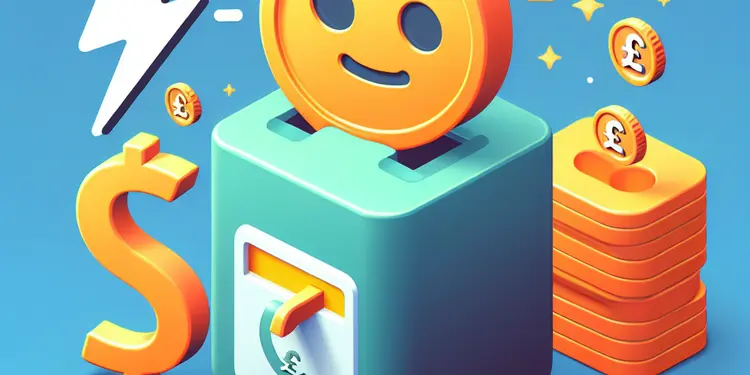
Do energy suppliers offer discounts on electricity prices?
Relevance: 25%
-

Can private sellers offer the Plug-in Car Grant?
Relevance: 24%
-

How do I balance my fat intake with other nutrients?
Relevance: 24%
-

Do online banks offer investment options?
Relevance: 24%
-

What happens when the introductory APR period ends?
Relevance: 23%
-

How can I redeem my cashback rewards?
Relevance: 23%
-

Can junk food be part of a balanced diet?
Relevance: 23%
-

What are potentially exempt transfers (PETs)?
Relevance: 22%
Understanding Balance Transfers Without Promotional Offers
In the United Kingdom, balance transfers can be a strategic financial move for individuals looking to manage their credit card debt more effectively. However, when considering transferring a balance to a card that lacks a promotional offer, it's essential to weigh the advantages and potential drawbacks thoroughly.
What Is a Balance Transfer?
A balance transfer involves moving debt from one credit card to another, usually to take advantage of lower interest rates, thereby reducing interest expenses and accelerating debt repayment. Many credit cards provide introductory 0% annual percentage rate (APR) offers to attract balance transfer customers.
Transferring to a Card Without a Promotional Rate
Typically, transferring balances to a card without a promotional offer means the standard purchase rate will apply to the transferred debt. This could be significantly higher than 0%, often ranging from 18% to 25% APR. Thus, it’s crucial to fully evaluate the standard interest rate prior to transferring any balance.
Possible Reasons for Transferring Without a Promotional Offer
Despite the unavailability of a promotional rate, there are scenarios where one might still consider transferring a balance. For example, consolidating multiple debts into one card for better management or switching to a card with more beneficial terms, lower fees, or more favourable rewards can be valid reasons to proceed.
Assessing the Costs Involved
When considering such a transfer, the biggest cost-to-watch is the higher interest charges. In addition to this, balance transfer fees typically apply. These fees can range from 1% to 3% of the transferred amount or might be a fixed fee, depending on the card’s terms.
Calculating whether the transfer will save money involves comparing the interest savings against these fees. It's also advisable to consider the debt repayment period to ensure the benefits outweigh the costs over the time frame you aim to pay off the debt.
Alternatives to Consider
If the purpose of a balance transfer is to save on interest, explore alternative financial products. Loans, such as personal loans with lower interest rates, might offer better options. Additionally, exploring cards specifically tailored for balance transfers with promotional rates should remain a priority before settling for standard offers.
Conclusion
Transferring a balance to a credit card with no promotional offer can be a double-edged sword. While it may help consolidate debts for easier management, the lack of promotional rates means potentially higher interest costs. Before proceeding, weigh the reasons and long-term implications carefully, and always consider exploring cards that offer promotional balance transfer rates.
Understanding Balance Transfers Without Special Offers
In the UK, a balance transfer is when you move debt from one credit card to another. People do this to make it easier to pay off what they owe. Some cards have special deals with low interest. But if the new card doesn't have this, you should think carefully about if it's the best choice.
What Is a Balance Transfer?
A balance transfer is when you take what you owe on one credit card and put it on another card. People do this to pay less interest and pay off their debt faster. Some cards offer a starting deal with 0% interest to make it cheaper for you.
Moving to a Card Without a Special Rate
If you move your debt to a card that doesn’t have a special deal, you will pay the usual interest rate. This could be quite high, like 18% to 25%. So, it's important to know what this rate will be before you make the move.
Why Move Without a Special Deal?
You might still want to move your debt even if there’s no special rate. Maybe you have many debts and want them in one place to make it simpler to manage. Or, the new card might have lower fees or better rewards.
Costs to Think About
Moving to a new card without a special deal means paying more interest. You often have to pay a fee to transfer your debt too. This fee is usually 1% to 3% of what you move, or it could be a set amount. To know if this is a good idea, compare the money you save on interest with these fees. Also, think about how long it will take you to pay off the debt.
Other Options to Look At
If you want to save money on interest, look at other choices. Personal loans with lower rates might be a better option. You should also look for cards that have special balance transfer deals before deciding.
Conclusion
Moving your debt to a card without a special offer can be both good and bad. It can help you keep track of all your debts but might cost more in interest. Before you do this, think about the reasons and what it means for you in the long run. Always check if there are cards with special balance transfer offers.
Frequently Asked Questions
What does balance transfer mean?
A balance transfer involves moving a debt from one credit card account to another, typically to take advantage of lower interest rates.
Can I transfer a balance to a card without a promotional offer?
Yes, you can transfer a balance to a card without a promotional offer, but it might not be cost-effective as you'll likely incur standard interest rates.
What are the advantages of transferring balances to a card without a promotional offer?
There are typically no advantages unless the interest rate on the new card is lower than the current card or if you prefer to consolidate debt for ease of management.
Are there fees for transferring a balance to a card without a promotional rate?
Yes, most cards charge a balance transfer fee, which can be a percentage of the transferred amount, even if there is no promotional offer.
How are balance transfers typically processed?
Balance transfers are typically processed by requesting a transfer with the new credit card provider, who pays off your old card balance and moves the debt to your new card.
How long does it take to transfer a balance?
It can take anywhere from a few days to several weeks for a balance transfer to be completed, depending on the credit card issuer.
Does a balance transfer affect my credit score?
A balance transfer might affect your credit score slightly due to a hard inquiry and changes in credit utilization, but responsible management can improve your score over time.
Can I transfer a balance from someone else's credit card?
Most issuers allow you to transfer another person's balance, but it depends on the terms and conditions of the credit card issuer.
Should I transfer a balance if there is no promotional offer?
You should carefully consider the costs and benefits, as transferring without a promotional rate might cost more in interest and fees.
Will my credit limit be a factor in balance transfers?
Yes, your credit limit will determine how much you can transfer to the new card. You cannot transfer more than your available credit limit.
What happens if I can't pay off the balance after transferring?
If you can't pay off the balance, you will continue to accrue interest and fees on the remaining balance, which could hurt your financial situation.
How do I compare interest rates between cards?
You can compare APRs (Annual Percentage Rates) and read the terms of each card to determine which offers lower interest after factoring in fees.
What should I consider before transferring a balance?
Consider the fees, interest rates, and terms of the transfer, and ensure the new card offers a financial advantage over your current situation.
Can I transfer a partial balance to another card?
Yes, you can choose to transfer only part of your balance instead of the entire amount if needed.
What happens to my old account after a balance transfer?
Your old account will have a zero or reduced balance, which you should manage responsibly, possibly by keeping it open to maintain your credit history.
Can I transfer a balance back to an old credit card?
Most issuers do not allow transferring a balance back to the card where the balance originally came from.
Does a balance transfer close my old credit card?
No, a balance transfer does not automatically close your old credit card; you must formally request closure if desired.
Are there alternatives to balance transfers?
Alternatives include personal loans, debt consolidation loans, or negotiating a lower rate with your current issuer.
What happens if my balance transfer is declined?
If your transfer is declined, check your credit limit, creditworthiness, and any restrictions on the new card, and contact the issuer for details.
Can I still earn rewards on a card used for a balance transfer?
Typically, balance transfers do not earn rewards points; most credit cards exclude transfers from rewards programs.
What is a balance transfer?
A balance transfer is when you move money you owe on one card to another card. This can help you pay less money in interest.
If you want help, you can:
- Ask someone you trust to explain more.
- Use an app that reads text out loud.
A balance transfer is when you move money you owe from one credit card to another. People do this to get a lower interest rate and pay less money.
Can I move money I owe to a card that doesn't have a special deal?
If you want to move money you owe (called a "balance") to another card, check if there is a special deal. Some cards have special deals that make it cheaper to move balances.
If there is no special deal, you can still move your balance. But it might cost more money. It's good to ask someone for help to understand the costs.
Tools that can help:
- Ask a friend or family member to help you.
- Use a calculator to see how much it will cost.
Yes, you can move money you owe to a new card that doesn't have a special deal. But it might not save you money because you will have to pay the usual interest rates.
What are the good things about moving debt to a card without special deals?
If you have credit card debt, you might think about moving it to another card. Some cards have special deals, but not all do. Here are some good things about moving debt to a card without those deals:
- Simple Plan: No special deal means your plan is easier to understand. You know what interest you will pay.
- Stable Rate: You might get a better and more stable interest rate. This helps you plan your payments.
- Improved Credit Score: By paying on time, your credit score can get better. This helps you in the future.
- Tools to Help You: Use tools like setting reminders or asking someone for help to keep track of your payments.
If you find reading hard, ask someone to help you go through this information. You can also use apps on your phone to read the text out loud for you.
Moving your debt to a new card can be good if the new card has a lower interest rate. It can also help if you want to make it easier to keep track of all your debt in one place.
Do you have to pay money to move a balance to a credit card that doesn’t have a special offer?
Sometimes, moving debt to another card costs money. Check if your card charges for this.
Helpful Tip: Use a calculator or ask someone to help you understand the fees.
Yes, most cards ask for a fee when you move money from one card to another. This fee is usually a part of the amount you move. Even if there is a special offer, you might still have to pay this fee.
How do balance transfers usually work?
To move your money to a new card, you ask the new card company to pay what you owe on the old card. They move your debt to the new card.
How long does it take to move money from one card to another?
Moving money from one card to another can take a few days or a few weeks. It depends on who gave you the credit card.
Will moving my debt change my credit score?
Moving your debt to another credit card is called a "balance transfer."
This might change your credit score, which is a number that shows how good you are at paying back money.
If you want to know more, you can:
- Ask someone you trust to explain it to you.
- Use apps or tools that help with understanding money.
Moving your money to a different credit card might change your credit score a little bit. This is because the bank checks your credit, and how much credit you use might change. But if you handle your money well, your credit score can get better.
Can I move money from another person's credit card?
Do you want to take money from a friend's credit card and put it on yours? Here are some points to know:
- You may need your friend's permission.
- Check if your bank allows this.
- Your bank may charge a fee.
If you need help, ask someone for support. Use online tools like text-to-speech to read the information out loud.
Most credit card companies let you move someone else's balance to your card. But, it depends on the rules they have.
Is it a good idea to move money if there is no special deal?
Sometimes you can move money you owe from one card to another card. This is called a balance transfer.
If there is no special deal, like paying less interest, it might not be a good idea to move the money.
It is important to think about:
- If the new card charges less money for borrowing.
- If there are any fees for moving the money.
You can use money tools or ask someone you trust for help.
Think about the money it will cost and the good things you might get. Moving your debt without a special deal could mean you pay more in fees and interest.
Does my credit limit affect moving money from one card to another?
Your credit limit tells you how much money you can borrow on your credit card. When you move money from one card to another (balance transfer), the credit limit is important. If your credit limit is low, you might not be able to move all the money you want.
Here are some ways to understand more:
- Ask someone to explain credit limits to you.
- Use tools like pictures or videos to help you understand.
- Write down questions you have and ask someone who knows about money.
The credit limit on your new card tells you how much money you can move to it. You can't move more money than your new card allows.
What if I can't pay all the money I owe after moving it?
If you move your debt and can't pay it all back, don't worry. Here are some tips to help:
- Try to pay as much as you can each month. Small amounts help.
- Ask someone you trust for advice if you need help.
- Set a plan to save money for payments.
These steps can help make things easier.
If you can't pay all the money you owe, you will keep getting extra charges added to what you owe. This can make it harder to manage your money.
How can I look at and understand card interest rates?
You can look at the APR (Annual Percentage Rate) for each card. This number shows how much extra money you have to pay back every year. Look at the rules for each card too, so you can see which one costs less when you add in all the fees.
What should I think about before moving a balance?
Here are some things to think about:
- Look at the fees: Check if there is a cost to move the balance.
- Interest rates: Make sure you know the new interest rate.
- Time limits: See how long the low interest rate will last.
- Debt plan: Have a plan to pay off the balance.
For extra help, you can:
- Use a calculator to check costs.
- Ask someone you trust for help.
Think about the costs, interest rates, and rules of moving money to a new card. Make sure the new card is better for your money than the one you have now.
Can I move some money to a different card?
You can move just a little bit of your money, not all of it, if you want.
What happens to my old account after I move my money?
When you move your money to a new place, your old account is still there. But something changes:
- Your old account might have a balance of zero. This means there is no money in it.
- Some accounts stay open even with no money, unless you close them.
- Ask the bank what will happen to your old account so you know.
Here are some tips to help:
- Write down your questions before calling the bank. This will help you remember what to ask.
- Use a calculator to check your money amounts.
- Ask someone you trust to help you if you feel unsure.
Your old account might have no money or just a little. It's important to take care of it. You can keep it open to help show your good credit history.
Can I move money I owe to an old credit card?
Yes, you can move the money you owe. First, check if your old card allows it. Contact your credit card company to ask for help.
If you need support, ask someone you trust or use apps that help explain money. Pictures and charts can make it easier to understand.
Most credit card companies do not let you move money back to the card it came from.
Will my old credit card close if I move the money I owe?
If you have credit card debt, you might think about moving it to a new card. This is called a 'balance transfer.' Doing this doesn't close your old card.
You still need to cancel your old card if you don’t want to use it anymore.
Here are some tips to help you:
- Ask someone to read with you if the words are hard to understand.
- Use a ruler or your finger to follow each line of text.
- Break the information into small parts and take your time.
- Ask a friend or family member for help if you need it.
No, moving money from one credit card to another does not close your old card. If you want to close it, you need to ask.
Are there other ways to move your money?
Other choices are:
1. Get a personal loan. This is when you borrow money from a bank or a company and pay it back bit by bit.
2. Get a debt consolidation loan. This is a special kind of loan that puts all your debts together, so you only have to pay one bill instead of many.
3. Talk to the company you owe money to now and ask if they can make your payments smaller.
Tools that can help include talking to a helper or using a calculator to plan your money.
What if my balance transfer is not accepted?
Sometimes, the bank might say “no” to moving your balance. If that happens, here are some things you can do:
- Check if you have the right information. Make sure all details match.
- Try to find out why they said no. You can call the bank for answers.
- Check if there is another way to move your balance. Maybe try a different card or bank.
If you need help, you can talk to someone you trust or ask an expert.
If your money transfer doesn’t work, try these steps:
1. Look at your credit card limit to see how much you can spend.
2. Think about how good your credit score is. This is a number that shows how well you use money.
3. See if there are any rules about using the new card.
4. Ask the credit card company why it didn’t work. You can call them for help.
Can I get rewards if I move money from one card to another?
If you move money from one card to another, try these tips:
- Use simple words to understand what your card offers.
- Check if your card gives points or rewards for moving money.
- Ask someone to help if it seems too hard to read.
- Use pictures or drawings to make it easier to understand.
Usually, when you move money from one card to another, you don't get reward points. Most credit cards don't give points for moving money.
Useful Links
This website offers general information and is not a substitute for professional advice.
Always seek guidance from qualified professionals.
If you have any medical concerns or need urgent help, contact a healthcare professional or emergency services immediately.
Some of this content was generated with AI assistance. We’ve done our best to keep it accurate, helpful, and human-friendly.
- Ergsy carfully checks the information in the videos we provide here.
- Videos shown by Youtube after a video has completed, have NOT been reviewed by ERGSY.
- To view, click the arrow in centre of video.
- Most of the videos you find here will have subtitles and/or closed captions available.
- You may need to turn these on, and choose your preferred language.
- Go to the video you'd like to watch.
- If closed captions (CC) are available, settings will be visible on the bottom right of the video player.
- To turn on Captions, click settings .
- To turn off Captions, click settings again.
More Items From Ergsy search
-

Can I transfer a balance to a card with no promotional offer?
Relevance: 100%
-

What is the typical duration of a promotional balance transfer offer?
Relevance: 98%
-

Do balance transfer offers apply to new purchases?
Relevance: 79%
-

Are there any fees associated with balance transfers?
Relevance: 67%
-

How does a balance transfer work?
Relevance: 67%
-

Is a balance transfer the right choice for me?
Relevance: 66%
-

What is a balance transfer credit limit?
Relevance: 66%
-

What is a Balance Transfer Credit Card?
Relevance: 66%
-

What are the benefits of a balance transfer credit card?
Relevance: 63%
-

Can I transfer balances from any credit card?
Relevance: 61%
-

How do I apply for a balance transfer card?
Relevance: 61%
-

Will transferring a balance affect my credit score?
Relevance: 58%
-

How long does a balance transfer take?
Relevance: 58%
-

Can I use a balance transfer card for new purchases?
Relevance: 57%
-

Can I transfer a balance from a loan to a credit card?
Relevance: 57%
-

What is a good credit score to qualify for a balance transfer card?
Relevance: 48%
-

What should I consider before doing a balance transfer?
Relevance: 39%
-

Is there a minimum transfer amount required?
Relevance: 35%
-

Can I transfer cashback rewards to another credit card?
Relevance: 34%
-

Can I transfer my ISA between providers?
Relevance: 33%
-

Are there any promotions or discounts I should look for when choosing an energy supplier?
Relevance: 31%
-

How are embryos transferred during IVF?
Relevance: 30%
-

How many embryos are usually transferred in IVF?
Relevance: 30%
-

Product Transfer Rate Switch vs Remortgage What's Best
Relevance: 29%
-

What happens if an inmate is transferred to another facility?
Relevance: 29%
-

Can a company refuse to register a share transfer?
Relevance: 28%
-

Can I transfer my TV license to a new address?
Relevance: 28%
-

Do mixed exercises help in achieving a balanced physique?
Relevance: 27%
-

What is the role of sugar in a balanced diet?
Relevance: 26%
-

Falls Prevention - strength and balance exercises
Relevance: 26%
-

Can switching banks offer better loan options?
Relevance: 25%
-

Staying Active: National Health Campaigns Promoting Physical Well-being
Relevance: 25%
-

Do energy suppliers offer discounts on electricity prices?
Relevance: 25%
-

Can private sellers offer the Plug-in Car Grant?
Relevance: 24%
-

How do I balance my fat intake with other nutrients?
Relevance: 24%
-

Do online banks offer investment options?
Relevance: 24%
-

What happens when the introductory APR period ends?
Relevance: 23%
-

How can I redeem my cashback rewards?
Relevance: 23%
-

Can junk food be part of a balanced diet?
Relevance: 23%
-

What are potentially exempt transfers (PETs)?
Relevance: 22%


